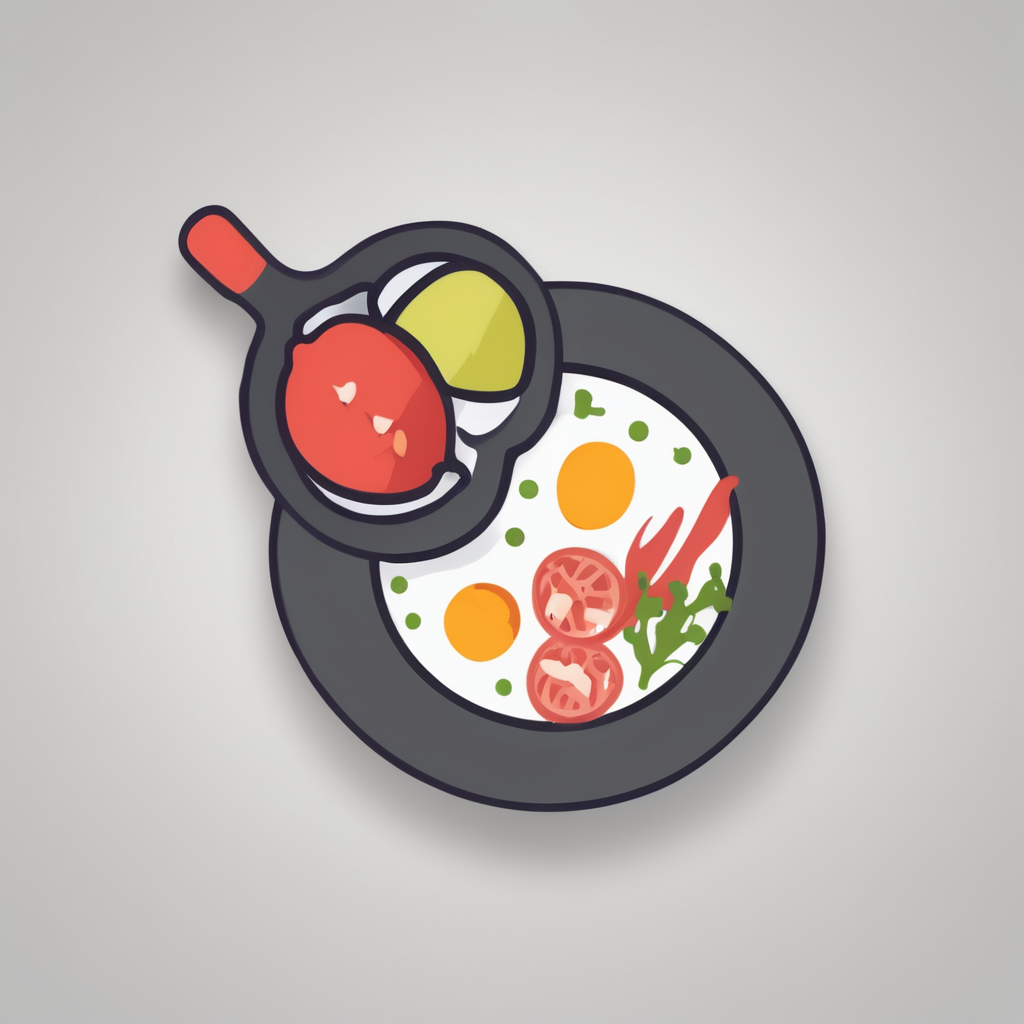Essential Mixology Skills for UK Bar Chefs
Mastering mixology techniques is fundamental for any UK bar chef aiming to excel in today’s dynamic cocktail scene. Both classic and modern cocktail methods play pivotal roles. Traditional techniques like shaking, stirring, muddling, and layering remain essential, but adapting these with contemporary twists elevates the drink preparation experience to meet evolving customer expectations.
In the UK market, bar chef skills extend beyond just mixing drinks; ingredient sourcing significantly impacts the final cocktail quality. Using fresh, local produce not only supports sustainability but also allows bar chefs to tailor flavours in a uniquely British context. This approach enriches cocktails and resonates well with patrons seeking regional authenticity.
Also to read : Exploring how uk restaurants infuse local flavors into their culinary creations
A sophisticated understanding of flavour profiles and balance underpins successful cocktail creation. UK cocktail skills require recognizing how sweet, sour, bitter, and umami elements interact and ensuring each drink is harmonious on the palate. This skill set helps bar chefs innovate while maintaining the delicate equilibrium that defines exceptional cocktails.
Ingredient Knowledge and Sourcing
Understanding the nuances of bar chef ingredient knowledge is essential for crafting exceptional cocktails. Mastery over a range of spirits, liqueurs, and bitters forms the foundation, but the expertise extends beyond that to fresh produce which can dramatically enhance a drink’s profile. For example, knowing how to select the freshest citrus fruits or herbs impacts the taste and aroma significantly, reinforcing the importance of ingredient quality in the craft of mixology.
Also read : Discover the trending recipes revolutionizing uk kitchen bars
Local sourcing plays a crucial role in this context, particularly when focusing on UK drink ingredients. Many bartenders prefer to incorporate seasonal and locally available products, such as English apples or Somerset elderflower, which not only supports regional producers but also adds authenticity and unique flavor profiles unavailable from imported goods. This approach aligns with sustainable practices while enabling bartenders to create distinctive, location-specific cocktails that resonate with their clientele.
Experimentation with homemade elements—syrups, infusions, and garnishes—further demonstrates a deep command of ingredients. Crafting bespoke syrups like rosemary-infused honey or rhubarb syrup allows the bar chef to tailor sweetness and complexity precisely. Similarly, infusions of spirits with botanicals or spices can transform a familiar base into something extraordinary. Garnishes, too, are not mere decoration; thoughtfully prepared lemon twists or dehydrated fruit slices contribute both aroma and visual appeal, completing the sensory experience.
For bartenders aiming to elevate their creations, committing to bar chef ingredient knowledge combined with diligent local sourcing and creative experimentation is key to standing out in the competitive UK drinks scene.
Creative Presentation and Garnishing
Creative presentation is essential to elevate a cocktail beyond just a drink—it’s an experience. In UK venues, cocktail presentation begins with the careful selection of glassware, which must complement both the beverage’s character and the venue’s ambiance. For instance, crystal-clear highball glasses showcase colorful concoctions, while etched coupe glasses add a vintage charm. These choices aren’t arbitrary; they influence the guest’s perception and anticipation.
Garnishing skills play a pivotal role in captivating the senses visually and olfactorily. Innovative garnishing ideas frequently incorporate local UK produce such as fresh herbs, edible flowers, or citrus twists. A sprig of thyme or a slice of Seville orange, artistically balanced on the rim, provides a sensory hint before the first sip. Creative drink techniques include layering colors and textures or incorporating unexpected elements like candy floss or smoked rosemary to intrigue guests.
Enhancing the customer experience through visual appeal requires bartenders to see every cocktail as a canvas. Thoughtful and imaginative garnishing combined with refined presentation techniques create memorable moments. This synergy of artistry and flavor encourages repeat visits and social sharing, vital for standing out in the competitive UK hospitality landscape.
Customer Service and Communication
Delivering exceptional bar customer service hinges on mastering interpersonal skills and fostering meaningful guest interaction. In the UK’s diverse hospitality environment, building rapport with a wide range of clientele is essential. Engaging with customers respectfully while recognizing cultural differences helps establish trust and loyalty.
Effective communication goes beyond politeness; it involves active listening and clear, confident responses. For instance, when upselling drinks or specials, subtle approaches that emphasize value and taste preferences often succeed. Using suggestive language like “many guests enjoy this selection” can encourage orders without seeming pushy.
Handling challenging situations is equally important. Whether dealing with dissatisfied patrons or misunderstandings, bar staff must remain calm and professional. Techniques include acknowledging concerns empathically, offering reasonable solutions, and knowing when to escalate issues. These skills maintain a positive atmosphere while protecting service quality, making guest interaction both rewarding and efficient.
Legal Compliance and Responsible Service
Ensuring safe and lawful alcohol service in UK bars
Understanding UK alcohol laws starts with the UK Licensing Act, which governs the sale and supply of alcohol. This act mandates strict age verification procedures to prevent underage drinking. Bars must use reliable methods such as ID scanning or photographic identification checks to confirm that customers are over 18 before serving alcohol. Failure to adhere to these regulations can result in fines or license revocation.
Effective responsible service includes managing intoxication on premises. Staff should be trained to recognize signs of intoxication and refuse service to those visibly intoxicated. This reduces risks of accidents or disturbances and promotes a safe environment for all patrons.
Additionally, bar regulations emphasize health and safety best practices. For UK bar chefs handling food alongside alcohol service, maintaining cleanliness, proper food storage, and hygiene standards is essential. Adhering to these requirements ensures compliance with both food safety laws and alcohol licensing conditions, reducing the likelihood of legal issues.
Emphasizing these principles helps bars maintain a reputable operation while protecting public health and safety.
Teamwork and Bar Operations
Effective bar teamwork is crucial for smooth bar workflow and delivering excellent customer service. Collaboration between bar staff and the kitchen ensures orders are prepared and served promptly, maintaining a positive dining experience. Clear communication minimizes errors and streamlines operations, especially during peak hours.
Managing busy bar shifts demands strong operational skills and an ability to multitask efficiently. Staff must handle multiple drink orders, coordinate with colleagues, and attend to patrons without compromising quality or safety. Prioritizing tasks and maintaining composure under pressure significantly enhances productivity.
Inventory management, ordering, and stock control form the backbone of successful bar operations in UK bars. Keeping track of supplies prevents shortages and overstocking, optimizing costs. Regular audits and timely reordering support consistent availability of popular products, sustaining smooth workflows throughout busy shifts.
Professional Development and Trend Awareness
Staying ahead in the dynamic world of bartending requires continuous bar chef training and a keen eye on evolving cocktail trends UK. For those aiming to excel, pursuing formal UK bar chef qualifications is a strategic move. These certifications not only enhance skills but also signal professionalism to potential employers.
Keeping up with cocktail trends UK involves more than just mixing drinks; it demands understanding new ingredients, techniques, and presentation styles. Engaging in workshops and industry events can provide invaluable exposure to these innovations.
Career growth in this sector hinges on proactive learning and networking. Aspiring bar chefs should seek mentorship, embrace diverse training opportunities, and adapt swiftly to emerging trends. This approach fosters both personal development and opens doors to managerial roles or specialized mixology positions.

